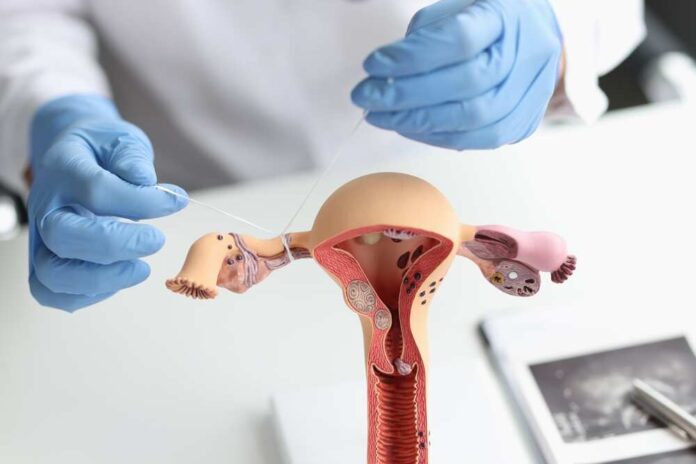
Liberal women’s drastic response to Trump’s victory: Sterilization as protest.
At a Glance
- Some liberal women are opting for sterilization procedures following Trump’s election victory
- Fear of potential restrictions on reproductive rights drives these decisions
- Procedures like salpingectomy chosen to prevent future pregnancies
- Critics argue these measures are based on unfounded fears
- Trump emphasizes state-level abortion legislation, sending mixed messages on federal policy
Sterilization Trend Emerges Among Liberal Women
In a startling development, reports indicate that some liberal women are taking drastic measures in response to Donald Trump’s election victory. These women are opting for sterilization procedures, citing fears of potential restrictions on reproductive rights under a second Trump administration. The trend has gained traction since the Supreme Court’s decision to overturn Roe v. Wade in 2022, with women like Eden Ixora and Lydia Echols choosing permanent contraception to protect their autonomy.
The decision to undergo sterilization is not taken lightly by these women. Many express a mix of determination and regret, feeling compelled to take such irreversible steps due to the political climate. This sentiment is captured in the words of one Texas woman, Lydia Echols, who stated: “If I am to be denied any rights in the next four (or more) years, I will not give them up without a fight.”
However, critics argue that these fears may be unfounded, as Trump has emphasized state-level decision-making on abortion legislation rather than pushing for a federal ban.
The Extent of the Movement
The sterilization trend is not isolated to a few individuals. Online platforms like Reddit have become hubs for discussions on the topic, with women sharing their desires for sterilization despite financial or insurance barriers. Some are even participating in a sex strike inspired by the South Korean feminist movement “4B,” rejecting relationships and marriage with men altogether.
Eden Ixora, another woman who chose sterilization, expressed her motivation in stark terms: “For me, the idea of getting pregnant is worse than death.”
This extreme stance reflects the deep-seated anxieties some women harbor about the future of reproductive rights in America.
Trump’s Mixed Messages on Abortion Rights
The fear driving these decisions stems from uncertainty about Trump’s stance on abortion rights. While Trump has claimed he would not support a federal abortion ban, emphasizing state-level decision-making, his past rhetoric and actions have left many women skeptical. Adding to the complexity, Melania Trump has publicly supported abortion rights, emphasizing individual freedom as a fundamental principle.
Despite the overturning of Roe v. Wade, recent data shows that the number of abortions has slightly increased, largely due to the availability of abortion pills by mail. This fact contradicts some of the more extreme fears expressed by those choosing sterilization.
Criticism and Mockery
The movement has not been without its critics. Many online commentators have mocked these women’s decisions, questioning their motives and sincerity. Some view the sterilization trend as an overreaction to political rhetoric rather than a response to concrete policy changes.
An anonymous woman from Washington expressed regret over her decision: “I am not happy that I felt forced into a surgery I did not want to alter my body, I feel like the election tied my hands and forced me to be sterilized—that is horrible.”
Liberal Women Are Undergoing Sterilization and Blaming Trump: ‘Election Tied My Hands’
Several liberal women have gotten sterilized or plan to, blaming their decision to become infertile on Donald Trump winning the 2024 presidential election.
In interviews with Newsweek, the… pic.twitter.com/KzWAGB8Qm8
— The Jewish Voice (@TJVNEWS) December 3, 2024
This sentiment highlights the potential for long-term consequences resulting from decisions made in the heat of political anxiety.
Conclusion
The sterilization trend among liberal women in response to Trump’s election victory underscores the deep political and cultural divisions in America. While these women feel compelled to take drastic measures to protect their reproductive autonomy, critics argue that their fears may be disproportionate to the actual threat. As the political landscape continues to evolve, it remains to be seen whether these decisions will be viewed as necessary precautions or regrettable overreactions to the uncertainties of American politics.














